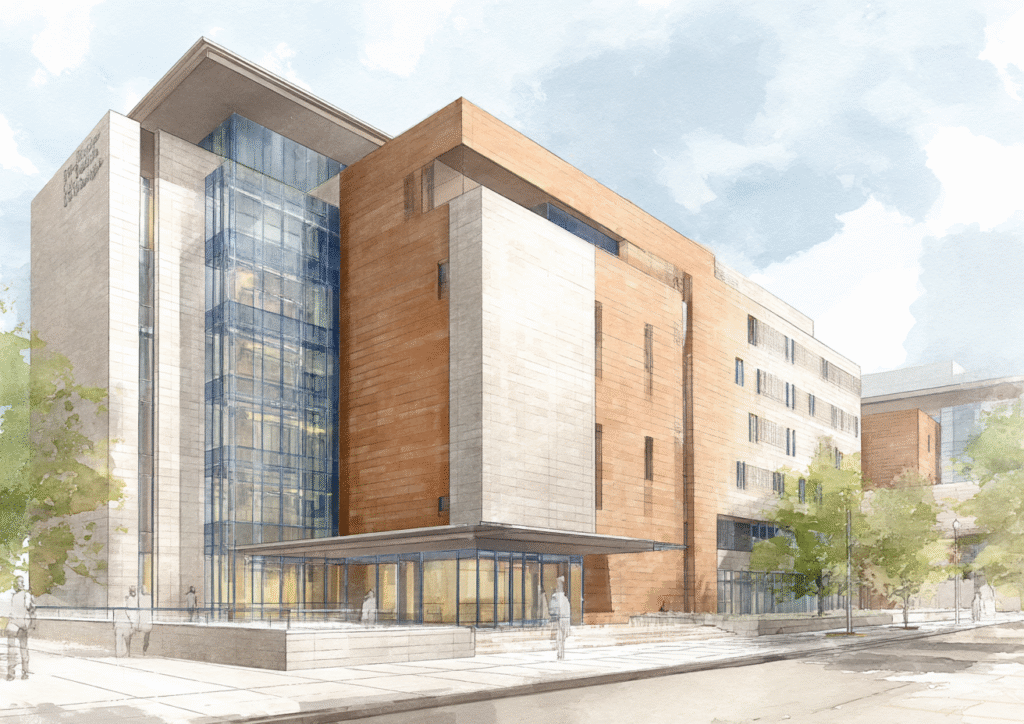body {
font-family: ‘Roboto’, sans-serif;
line-height: 1.6;
}
h3 {
color: #000;
font-weight: bold;
}
p {
margin: 10px 0;
}
strong {
font-weight: bold;
}
Understanding the UC Health Strike
Thousands of employees at University of California Health are preparing for a strike amidst ongoing labor negotiations. This upcoming strike, scheduled for November 17-18, involves more than 80,000 workers and highlights critical issues regarding healthcare wages and staffing challenges in California.
The Context of the Labor Strike
California’s healthcare system, particularly in academia, has been under strain. With inflation outpacing employee wages, many workers feel their financial security is at risk. The Union’s stance is rooted in concerns over unfair labor practices and the inadequate staffing essential for providing quality patient care. Therefore, understanding the situation is imperative for healthcare professionals, union members, and academic institutions alike.
Key Issues Behind the UC Health Strike
- Wage Disparities: Despite the rising cost of living, many healthcare workers report stagnant wages.
- Staffing Shortages: Hospitals and clinics are struggling to maintain appropriate staffing levels, affecting patient care quality.
- Labor Practices: Allegations of unfair practices have led to heightened tensions between union representatives and healthcare administrators.
The Impacts of Inflation on Employee Wages
Inflation significantly impacts the wages of healthcare professionals. According to the Bureau of Labor Statistics, as of August 2023, the annual inflation rate in California hit 5.9%, while wage increases for healthcare workers averaged just 3%. This discrepancy has left many employees struggling to make ends meet, prompting discussions about equity and compensation.
Addressing Staffing Challenges
Inadequate staffing in healthcare settings leads to burnout among existing staff. This is especially concerning given the rise in patient needs post-pandemic. Healthcare leaders must devise effective workforce management strategies designed to improve retention and attract new talent. Potential solutions include:
- Competitive Compensation Packages: Offering salaries and benefits that reflect the demands of the job.
- Career Development Programs: Initiatives that enhance employee skills can improve job satisfaction and retention.
- Flexible Scheduling: Allowing employees to have better work-life balance can reduce burnout.
Union Perspective on Labor Relations
Unionization plays a pivotal role in labor negotiations, particularly in the healthcare sector. Employees rally for fair treatment and transparent discussions regarding their roles and remuneration. For example, union representatives argue that the lack of appropriate compensation and support has led to high turnover rates. Ultimately, how the University of California Health management navigates these negotiations will significantly influence the future of labor relations within its facilities.
Preparing for the Strike: What It Means for Patients
The anticipated UC Health strike could disrupt patient services and accessibility. Hospitals may implement contingency plans; however, many administrative functions and non-emergent procedures may experience delays. Patients are encouraged to stay informed about the situation and plan accordingly. During this time, the significance of communication between patients and healthcare providers cannot be overstated. Transparency is crucial.
What Can Academic Institutions and Healthcare Leaders Do?
Academic institutions and healthcare leaders play a vital role in addressing these issues. To support their staff, they should consider:
- Engaging in Proactive Negotiations: Leaders should aim to actively engage with union representatives to reach agreements before strikes escalate.
- Enhancing Workforce Management: Adequate staffing is fundamental; exploring innovative staffing solutions will greatly benefit all parties involved.
- Emphasizing Employee Well-Being: Building a culture that prioritizes mental health and job satisfaction attracts and retains talent.
What to Expect as the Strike Approaches
As the strike dates approach, both sides of the negotiation table will intensify discussions. Understanding the landscape of labor relations is essential; keeping up with these developments is crucial for staying informed. Healthcare professionals and institutions must actively engage with evolving news from reliable sources like Becker’s Hospital Review to navigate the challenges ahead.
Conclusion: The Importance of Advocacy in Healthcare
The impending labor strike at UC Health serves as a crucial reminder of the ongoing challenges facing the healthcare workforce. The implications of this strike will resonate across California’s healthcare system, highlighting the need for fair wages and appropriate staffing levels. As these discussions unfold, we encourage stakeholders in the healthcare industry to actively participate in shaping a more sustainable workforce. In addition, consider exploring how Pulivarthi Group’s staffing solutions can assist in managing workforce complexities, ensuring that healthcare institutions continue to deliver exceptional care.
Stay Updated
For further insights into the developments surrounding the UC Health strike and future negotiations, follow us for updates. Engaging in the discourse around labor relations in healthcare is vital for navigating this critical period effectively.
“`






